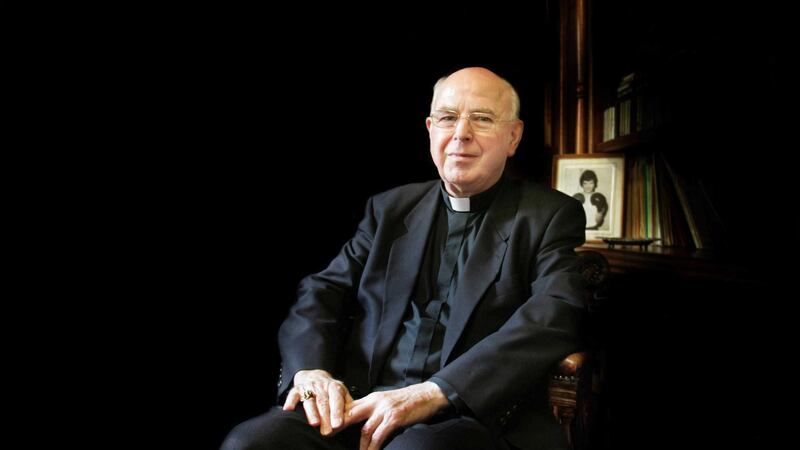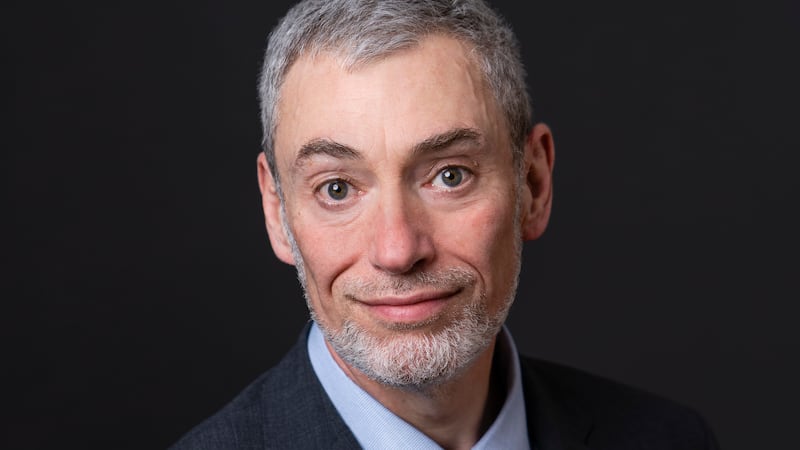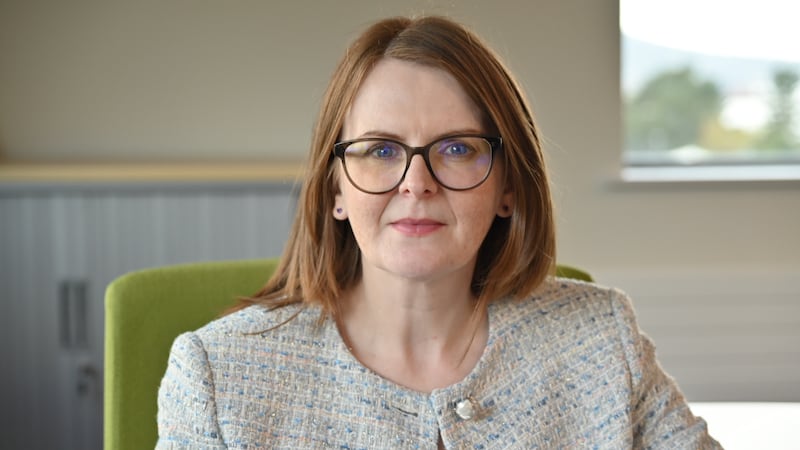RETIRED Bishop of Derry Dr Edward Daly was a peacemaker during some of the darkest days of Northern Ireland's Troubles.
He bore witness to the horror and deaths of the innocent, most famously waving a blood-stained white handkerchief on Bloody Sunday in Derry.
He remained a humane man who was equally vehement in his opposition to the bombings and shootings of the IRA or state injustices.
The clergyman attempted to lead a fatally injured protester to safety under fire from soldiers on Bloody Sunday in January 1972. He had always proclaimed that the dead were unarmed and murdered.
He was a trenchant critic of armed republicanism and once condemned the IRA gunmen from the pulpit as "followers of the gospel of Satan".
Bishop Daly walked the streets of his adopted Derry bringing comfort to the ill and marginalised and urged people to recognise the "tapestry of cultures" in the place where the conflict began.
And he opposed miscarriages of justice including the Birmingham Six who were wrongly imprisoned for pub bombings.
Primate of the Catholic Church in Ireland Archbishop Eamon Martin said: "Bishop Edward will be remembered as a fearless peace-builder - as exemplified by his courage on Bloody Sunday in Derry - and as a holy and humble faith leader."
Dr Daly was born in the Co Fermanagh town of Belleek in 1933 and attended St Columb's College in Derry as a boarder in the 1940s.
He was appointed curate in Saint Eugene's Cathedral, Derry in 1962, and encountered new depths of poverty.
He said: "It was a culture shock. I had never before experienced poverty of that nature, housing was such abominable standard, overcrowding and all the attendant things that went with that, it was quite shocking frankly."
The clergyman said there was violence every day except Christmas Day for 18 months.
"It was extraordinary, the shootings, the murders, bombs, intimidation, imprisonment, internment."
Perhaps the most infamous of low points was Bloody Sunday.
The mass shooting of civil rights demonstrators seeking "one man, one vote" by paratroopers has been described as one of the catalysts of the Troubles.
Dr Daly was near John "Jackie" Duddy, 17, when he was shot by British soldiers and anointed him and gave him the Last Rites.
Then Fr Daly and other marchers attempted to bring him to safety. The priest led the way with a handkerchief in his hand.
He said: "I felt a responsibility to tell the story of what I saw and what I saw was a young fella who was posing no threat to anybody being shot dead unjustifiably.
"I always felt a responsibility when they lumped all the victims together and said they were all posing threats to the army, that they were either shooting or throwing pipe bombs or had something else in their hand.
"I felt I had a responsibility to state the reality of the situation to all those who would listen and to all who wanted to know."
Bishop Daly said the day changed his view of war.
"I simply saw the obscenity that conflict is and the glorification of it and the celebration of battle that we grew up with in the Forties and Fifties.
"When you see a person's brains out on the street scattered like scrambled eggs and people's bodies smashed up and the damage a high velocity bullet does to a person, it knocks any kind of illusions of that nature of your mind and I think you see the reality of it: that war is obscene, it's a very crude nasty dirty business and I think that day highlighted for me the reality of conflict."
Bishop Daly was a prominent witness at Lord Widgery's inquiry soon after the event, which exonerated troops from the Parachute Regiment, concluding that they had come under attack from gunmen and bombers.
He told the inquiry the shooting of civil rights protesters was unjustified. He also told the judge he saw a man shooting at the troops - undermining those who may have tried to accuse him of bias.
Kate Nash, whose 19-year-old brother William was killed on Bloody Sunday, said: "He knew what happened on Bloody Sunday and said often that it was murder and he understood the struggle for justice."
Following Lord Saville's public inquiry into Bloody Sunday, former prime minister David Cameron said the killings were "unjustified and unjustifiable".
In 1974, Edward Daly was ordained Bishop of Derry, where he served until serious illness forced him to retire in 1994.
He played a part in helping secure an IRA ceasefire in 1975 and opposed Americans sending money to republican paramilitaries.
The clergyman condemned the 1981 hunger strikes by the IRA in which Bobby Sands and nine others died and claimed young people were being used.
But he pressed for improvements in the treatment of all prisoners.
He banned paramilitary trappings from IRA funerals and urged Catholics to turn in killers to the police.
In retirement and despite poor health, Bishop Daly continued until earlier this year to serve as a dedicated chaplain to the Foyle Hospice, Derry, a ministry in which he touched the lives of many people.
Bishop Daly's 2011 memoir A Troubled See drew attention after questioning clerical celibacy.
He wrote: "I believe that there should also be a place in the modern Catholic Church for married priesthood and for men who do not wish to commit themselves to celibacy."
Dr Daly died in hospital after a long period of illness.








